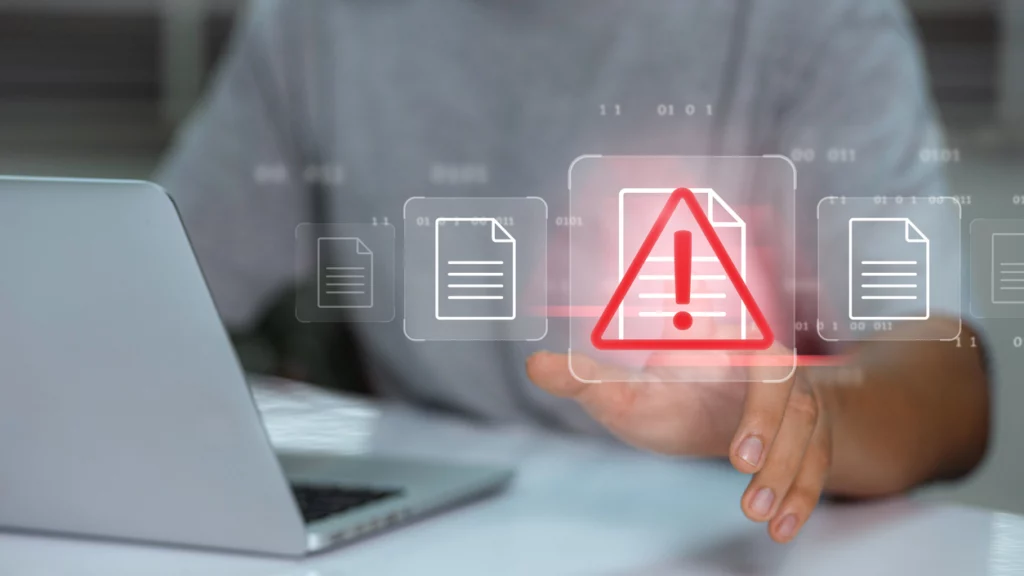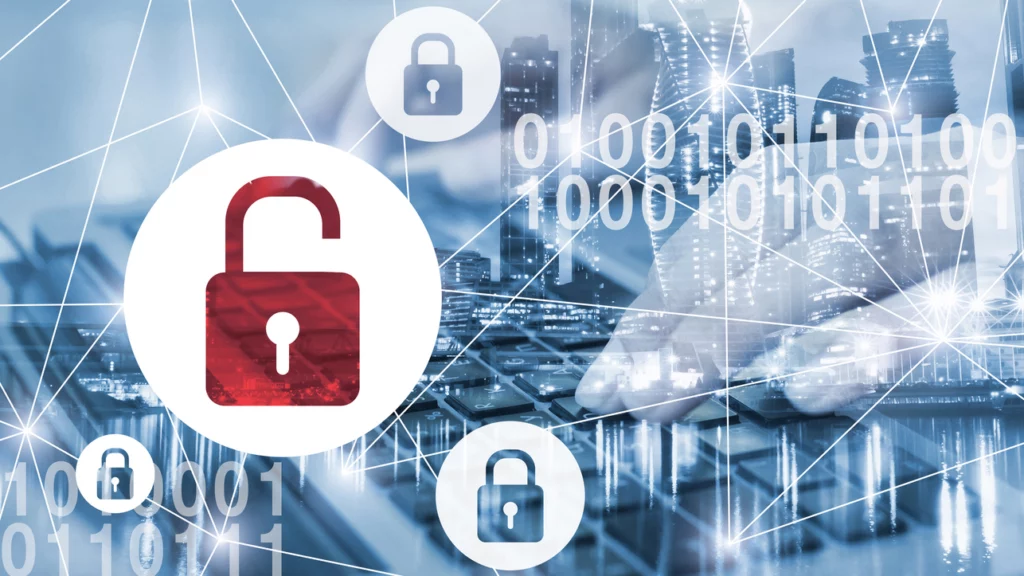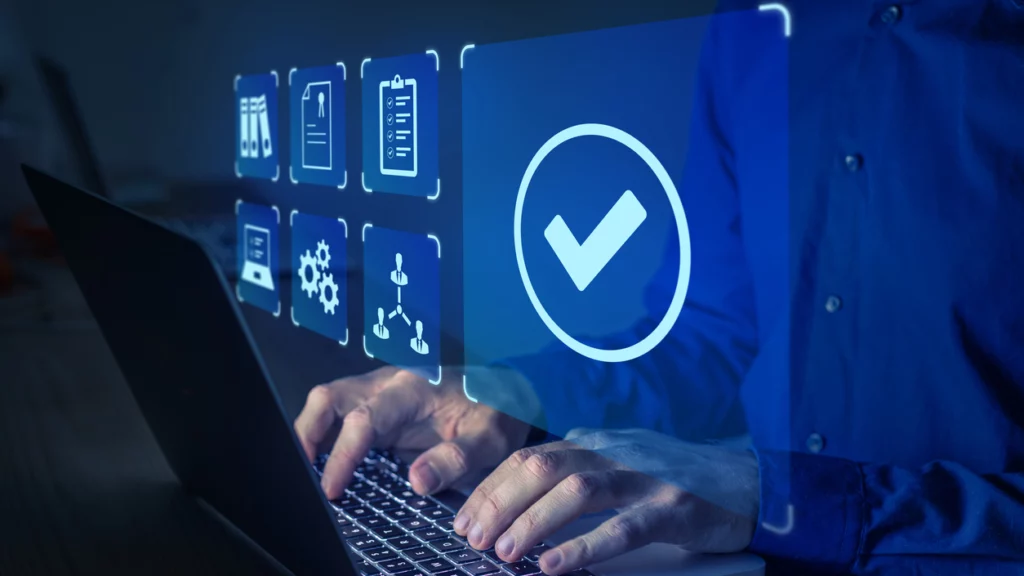We have all seen the classic police dramas where uniformed officers knock on a door with search warrant in hand. On the news, we’ve witnessed investigators pouring out of a building with boxes of potential evidence.
For countless years, this was how police work was done. But in the digital age how can they “search” and “seize” data that doesn’t physically exist and could be stored somewhere on the other side of the world? This is where online law enforcement portals come in.
Legal Demands
The first hurdle for law enforcement is to get their legal demands into the correct hands. Unless they are lucky enough to have their target data-wielding corporation around the corner, they need to find a way to serve their order. This has been accomplished by mail, by fax and more recently by e-mail.
Obtaining Data
The second hurdle is to obtain the responsive data that needs to be returned to them. At one point they might have received these results on a disk through the mail, by fax or an e-mail attachment. However, these methods offer some issues with either response speed, security or both. To alleviate these challenges, many information providers have moved to online portals for law enforcement to submit their requests, and then receive their results.

Think of it like your nearest food court kiosk. Law enforcement places their order (the less tasty legal kind). The helpful staff reviews it for accuracy and validity (Sorry, special agent. You can’t order this item off the subpoena menu), and if all is in order they provide the requested data back to the officer. This all takes place securely and on one site, which adds ease to the process and an extra layer of protection and privacy for both law enforcement and the account holder.
The Portal
In addition to these obvious advantages, many data holders are using compliance portals to ensure compliance with the European Union’s General Data Protection Regulation (GDPR), which went into effect last year. This landmark data privacy regulation ushered in a new era for data controllers and processors and has also inspired additional privacy laws, such as the California Consumer Protection Act (CCPA). Compliance portals are yet another important step into the future of legal compliance.
Interested in more information about the GDPR? Check out: GDPR compliance: what organisations need to know

written by
Erich Kafferlin
July 23, 2019
Stay informed with industry-relevant emails curated by our team of experts.
We send out emails once or twice a month relating to IP Services, industry news, and events we'll be attending so you can meet our experts in person.

Erich Kafferlin
Erich is a Senior Privacy & Compliance Specialist for IP Services. He is a graduate of Edinboro University of Pennsylvania, holding a Bachelor of Arts in Speech & Hearing Sciences with postgraduate work in Speech-Language Pathology and Forensic Accounting.



